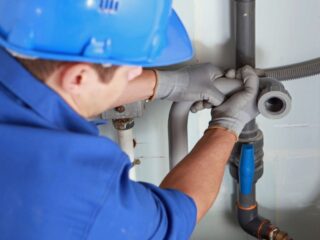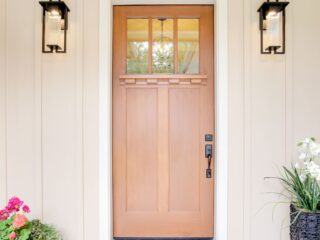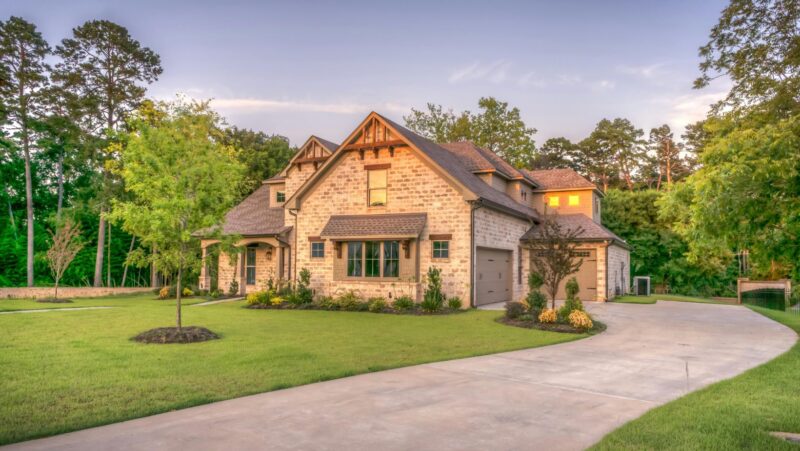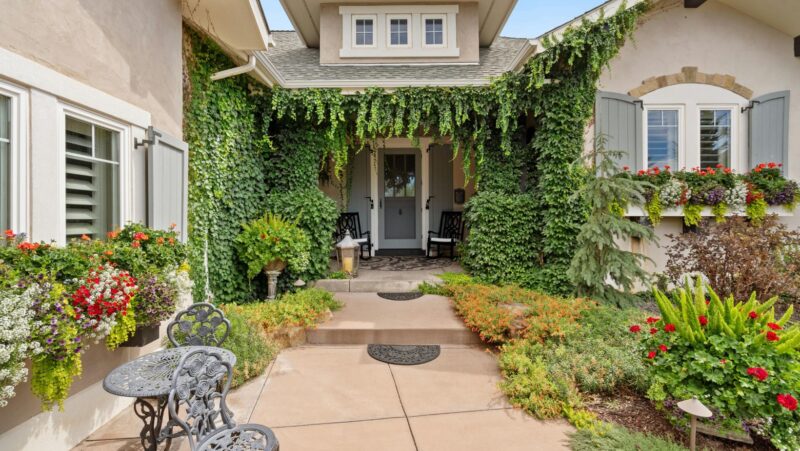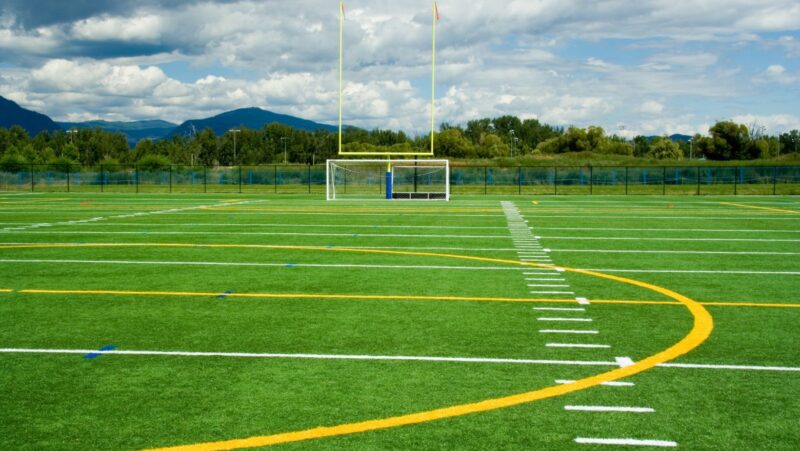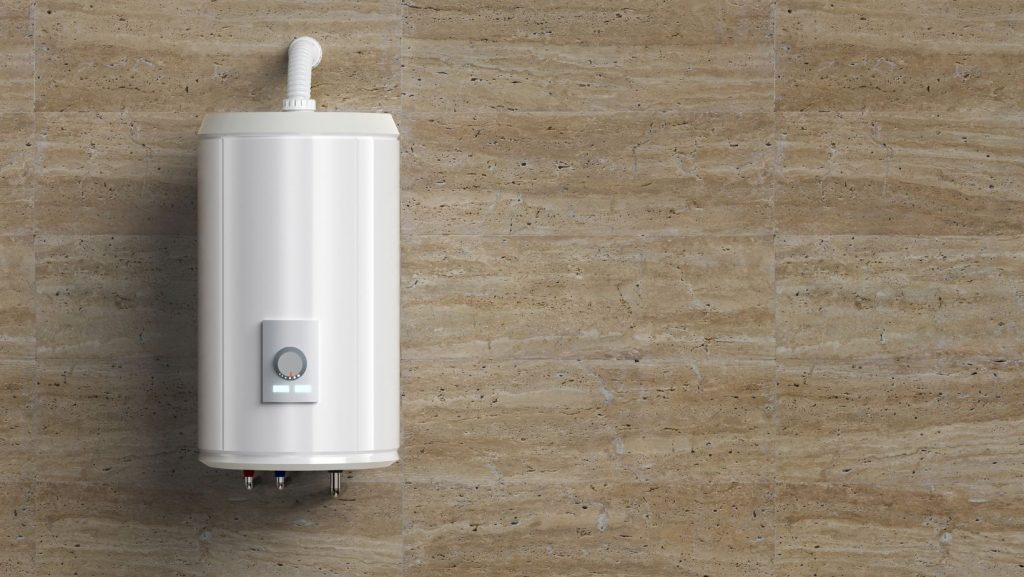
Back boilers were once a popular choice for heating homes in the UK, but with advancements in technology and changes in regulations, many homeowners are left wondering if back boilers are still legal in the UK? In this guide, we’ll explore the current status of back boilers, their legality, and what alternatives are available for heating your home.
What Are Back Boilers?
Back boilers are a type of heating system that combines a central heating boiler and a fire or stove. They are typically installed behind a fireplace or within a chimney breast, with the fire providing heat to the boiler, which then circulates hot water or steam to radiators and taps throughout the home. Back boilers were popular in the UK during the mid-20th century but have since declined in popularity due to their inefficiency and potential safety hazards.
Legality of Back Boilers in the UK
As of 2024, back boilers are still legal to use in the UK. However, there are strict regulations in place regarding their installation and maintenance to ensure they meet safety and efficiency standards.
Any new installations or replacements of back boilers must comply with Building Regulations and be carried out by a qualified Gas Safe registered engineer. It’s essential to ensure that your back boiler is properly maintained and serviced regularly to prevent safety issues and ensure optimal performance.
Regulations for Back Boiler Installation
The installation of back boilers in the UK is regulated by Building Regulations, which set out specific requirements for the safe and efficient installation of heating systems. These regulations cover aspects such as ventilation, flue positioning, combustion air supply, and clearances to combustible materials.
Safety Concerns with Back Boilers
While back boilers are still legal in the UK, they are associated with several safety concerns that homeowners should be aware of. These include:
Carbon Monoxide Poisoning
Back boilers can produce carbon monoxide, a colourless, odourless gas that is toxic to humans and animals.

Proper ventilation and regular servicing are essential to prevent the buildup of carbon monoxide and ensure the safe operation of back boilers.
Fire Hazards
Back boilers are often located behind a fireplace, which can pose a fire hazard if not properly maintained. Creosote buildup, chimney blockages, and faulty flues can increase the risk of fire, so it’s crucial to have your chimney and back boiler inspected regularly by a qualified professional.
Efficiency
Back boilers are generally less efficient than modern heating systems such as combi boilers or heat pumps. They can waste energy and contribute to higher utility bills, so homeowners may want to consider upgrading to a more efficient heating alternative for long-term savings and performance.
Alternatives to Back Boilers
While back boilers are still legal, many homeowners are opting for more modern and efficient heating solutions. Some popular alternatives to back boilers include:
Combi Boilers
Combination boilers, or combi boilers, are compact units that provide both central heating and hot water on demand. They are highly efficient and space-saving, making them a popular choice for smaller homes or properties with limited space. Read this guide to find out what the best combi boilers are in 2024.
System Boilers
System boilers work in conjunction with a hot water cylinder to provide heating and hot water to multiple taps and appliances at the same time. They are ideal for larger homes with higher hot water demands and offer excellent efficiency and performance.
Heat Pumps
Heat pumps extract heat from the air, ground, or water sources and use it to provide heating and hot water. They are highly energy-efficient and environmentally friendly, making them an attractive option for eco-conscious homeowners.
FAQs
Are back boilers still legal to install in new homes?
Back boilers are generally not legal to install in new homes in the UK. This is due to their inefficiency and safety concerns compared to modern heating systems. Building regulations and standards prioritise energy efficiency and safety, leading to the phasing out of back boilers in new construction projects.
Instead, more efficient and environmentally friendly heating options like combi boilers, system boilers, or heat pumps are recommended for new installations. It’s essential for homeowners and builders to comply with these regulations and choose heating systems that meet modern standards for efficiency and safety.
Can I continue using my existing back boiler?
Yes, you can continue using your existing back boiler as long as it is properly maintained and serviced by a qualified engineer. However, you may want to consider upgrading to a more efficient heating system for long-term savings and performance.
How often should I service my back boiler?
It’s recommended to service your back boiler annually to ensure it remains safe and efficient. Regular servicing can help identify and address any issues before they escalate, prolonging the lifespan of your heating system.
Are there any government incentives for upgrading from a back boiler?
While there are currently no specific incentives for upgrading from a back boiler, homeowners may be eligible for various grants or schemes aimed at improving energy efficiency in homes. It’s worth exploring available incentives with local authorities or energy providers.
Can I replace my back boiler with a different type of heating system?
Yes, you can replace your back boiler with a more modern and efficient heating system such as a combi boiler, system boiler, or heat pump.

It’s essential to consult with a qualified heating engineer to determine the best option for your home and heating needs.
Conclusion
While back boilers are still legal in the UK, they are becoming less common due to their inefficiency and safety concerns. Homeowners are encouraged to consider more modern and efficient heating alternatives such as combi boilers, system boilers, or heat pumps. Regular maintenance and servicing of back boilers are essential to ensure they remain safe and efficient for continued use.


